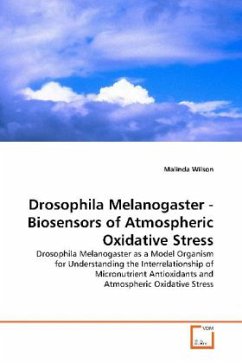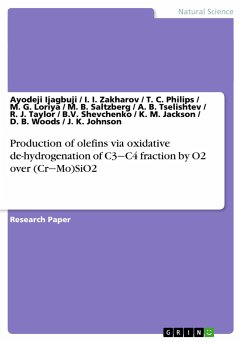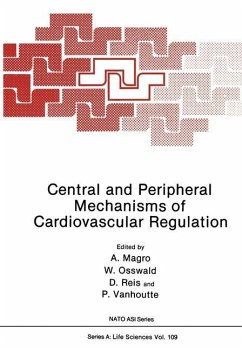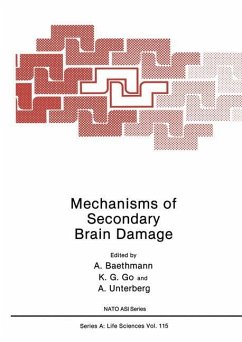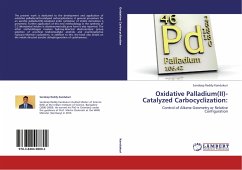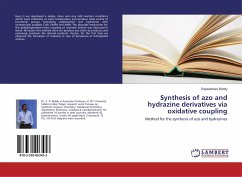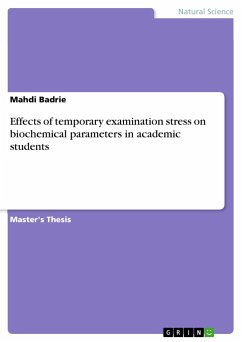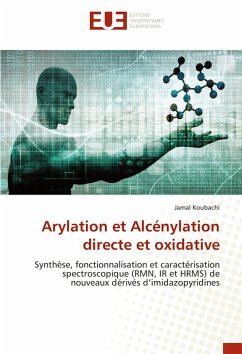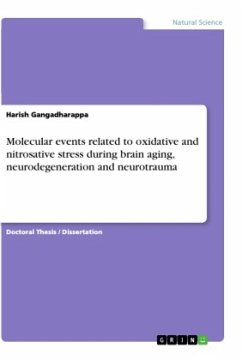
Molecular events related to oxidative and nitrosative stress during brain aging, neurodegeneration and neurotrauma
Versandkostenfrei!
Versandfertig in 1-2 Wochen
52,95 €
inkl. MwSt.

PAYBACK Punkte
0 °P sammeln!
Doctoral Thesis / Dissertation from the year 2013 in the subject Chemistry - Bio-chemistry, , language: English, abstract: This thesis aims at investigating the role of oxidative/nitrosative stress and mitochondrial damage in aging, neurodegeneration and neurotrauma in postmortem human brain samples. The study also aims to carry out proteomic analysis of the human brains from TBI subjects to understand and differentiate the primary and secondary events in TBI. Even at rest, an estimated 20% of the total oxygen uptake by our body is utilized by the brain, which is the most metabolically active ...
Doctoral Thesis / Dissertation from the year 2013 in the subject Chemistry - Bio-chemistry, , language: English, abstract: This thesis aims at investigating the role of oxidative/nitrosative stress and mitochondrial damage in aging, neurodegeneration and neurotrauma in postmortem human brain samples. The study also aims to carry out proteomic analysis of the human brains from TBI subjects to understand and differentiate the primary and secondary events in TBI. Even at rest, an estimated 20% of the total oxygen uptake by our body is utilized by the brain, which is the most metabolically active organ in the human body. While >95% of the oxygen taken up by the cells is utilized by the mitochondria, <5 % is converted to highly toxic free radicals which damage the cellular components. Brain is enriched with polyunsaturated fatty acids which are easy targets of reactive free radicals. Studies show that mitochondria are the major sites and targets of superoxide generation. To counter this oxidant burden, a competent antioxidant system comprising of small molecules [glutathione (GSH), vitamin E etc.] and antioxidant enzymes has evolved. Interestingly, brain is relatively deficient in certain antioxidants and related enzymes. Although the red-ox equilibrium is maintained during physiological homeostasis in the brain, during disease, aging and injury the balance is lost resulting in oxidative damage. Oxidative stress could contribute to mitochondrial damage and both these processes are relevant for the mechanistic basis of physiological aging. Aging is a physiological process associated with morphological and functional changes in cellular and extracellular components, resulting in a progressive imbalance of the regulatory and metabolic mechanisms. Oxidative damage and structural modification of proteins leading to mitochondrial damage is one of the hallmarks of brain aging. Increased oxidation of mitochondrial proteins with age has been demonstrated. Decreased mitochondrial membrane potential and decreased electron transfer activity of respiratory complexes are reported in senescent brains. Age related structural, chemical, and metabolic changes, both at the level of individual neurons and in medium-scale neuronal networks, can significantly affect the ability of the CNS to adapt to internal and environmental changes.




